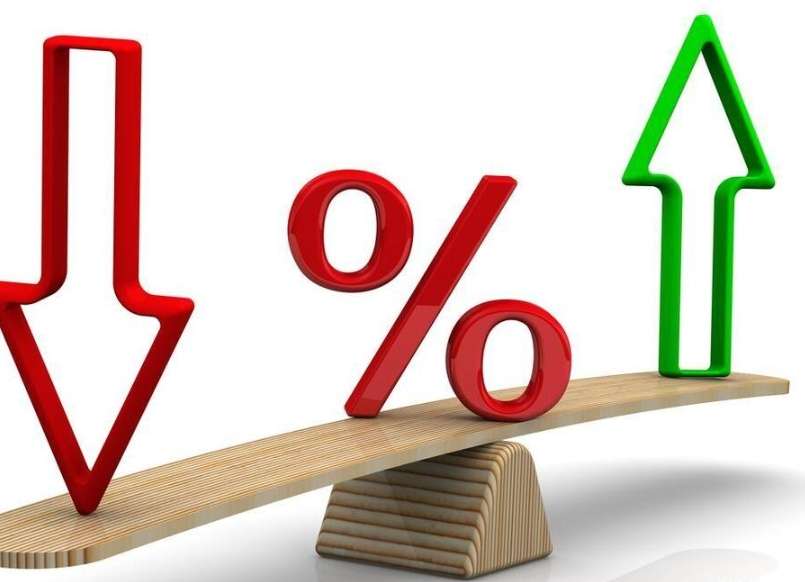Market Makers Join Bottle Chip Futures
Advertisements
In recent years, the Zhengzhou Commodity Exchange (ZCE) has embarked on a transformative journey, diversifying its product offerings while honing and strengthening existing ones. The inclusion of bottle chip futures, which debuted in August of the previous year, has marked a significant development within the exchange. By continuously engaging with industry stakeholders to understand their demands, ZCE aims to bolster the influence and trading activity of this nascent futures market. Recently, the exchange put forth a notification calling for market makers for various futures, prominently featuring bottle chip futures for the first time. Industry experts have expressed optimism, asserting that the introduction of market makers will enhance liquidity and significantly benefit the future trajectory of bottle chip futures.
Reflecting on the performance of bottle chip futures since their launch, analysts like Wang Yuting from Dadi Futures have noted a solid operational status characterized by robust price dynamics, industry participation, and liquidity. The correlation between bottle chips and PTA prices has continuously been underscored, with the processing fee volatility now well-defined. Over the past six months, major production companies, including Yisheng Petrochemical and Wankai New Materials, alongside trading entities like Xiamen Guomao, have actively engaged in trading, establishing a baseline trading model that is gradually gaining acceptance.

However, despite these achievements, the bottle chip futures market is still in its infancy compared to other established futures offerings from ZCE. Wang Jiangnan, a polyester analyst from Hongyuan Futures, highlighted that the development of bottle chip futures resembles that of paraxylene (PX), indicating a noticeable gap when compared to more mature chemical products like PTA, methanol, and urea. This could potentially be attributed to a lack of familiarity among market participants with this new commodity. There is a growing recognition of bottle chip futures among market players, but ongoing enhancements in liquidity and the breadth of industrial participation remain essential for future growth.
Wang Yuting emphasized the crucial timing of the call for market makers as bottle chips are at a pivotal stage of functional cultivation. The introduction of market makers is anticipated to markedly improve liquidity and facilitate a continuous, active contract environment, thus providing businesses with a stable hedging framework. Market makers can alleviate the liquidity gaps through sustained pricing and bilateral trading, stabilizing short-term price fluctuations and lowering transactional friction for investors, encouraging greater trading activity. Their participation in cross-product arbitrage can also refine pricing efficiency, allowing businesses to lock in more accurate processing fees, thereby drawing in institutional capital and enriching trading strategies to enhance market effectiveness.
According to Wang Jiangnan, market makers bear the responsibility of continuously providing both buy and sell quotes during trading hours. This assures investors the presence of counterparties regardless of market conditions. For industrial investors, the ability for market makers to conduct significant transactions without impacting market prices effectively lowers transaction difficulty and costs. Moreover, the increased liquidity will likely encourage industrial clients to intensify their hedging activities, fostering a positive cycle within the market.
At the same time, Zhongji Ningbo Group has been leveraging bottle chip futures for hedging and basis trading strategies to support spot market decisions, effectively mitigating market risks and enhancing operational stability. Chen Xidong, the polyester business manager at Zhongji Ningbo Group, echoed expectations for the bottle chip futures market post the introduction of market makers, expressing hopes for increased trading volume and open interest, which will optimize market depth and breadth, ultimately providing more reliable hedging tools for supply chain enterprises.
Leave a comments